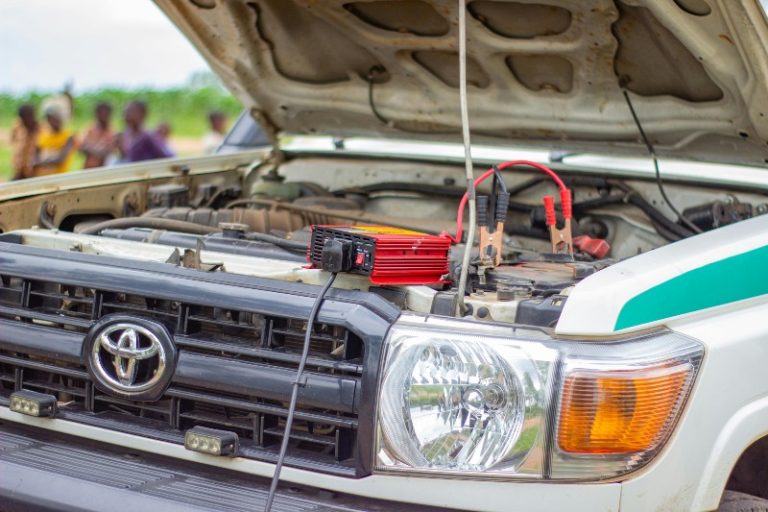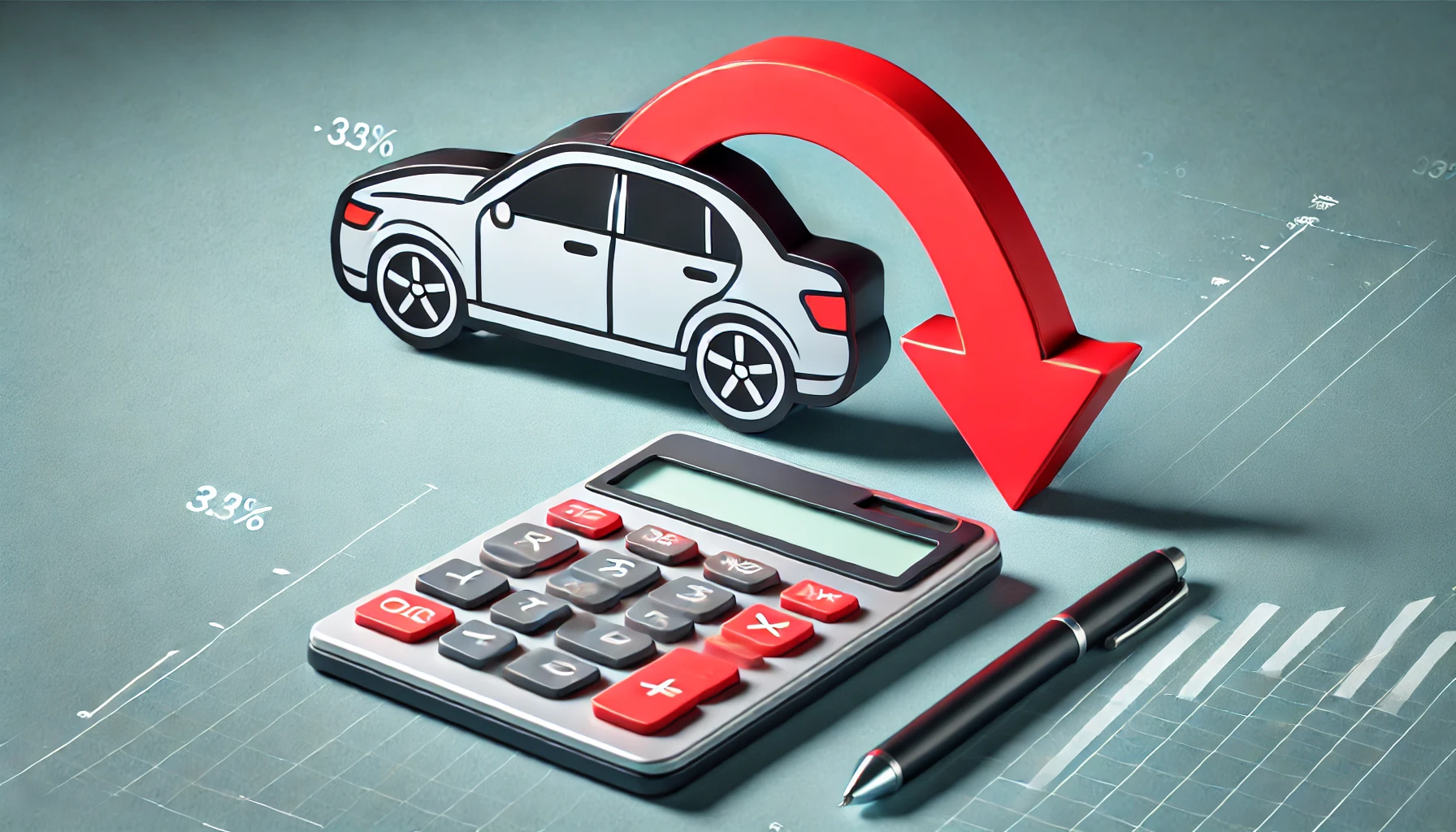Understanding Car Depreciation: A Comprehensive Guide
Related Articles
- Under The Hood: Unveiling The Big Secrets Of Engine Oil
- Unlocking The Secret To A Showroom Shine: Your Guide To The Best Car Wax
- Powering The Future: Top Electric Cars For 2025
- Taking The Wheel: A Comprehensive Guide To Buying A Car At Auction
- Become A Car Care Wizard: Unveiling Big Secret Tips And Tricks To Find And Fix Minor Car Problems Before They Escalate
Introduction
Discover everything you need to know about Understanding Car Depreciation: A Comprehensive Guide
Understanding Car Depreciation: A Comprehensive Guide

Buying a car is a significant investment, and like any other asset, it loses value over time. This loss of value is known as depreciation, and understanding it is crucial for making informed decisions about car ownership.
This article will delve into the intricacies of car depreciation, exploring the factors that influence it, how to estimate it, and strategies for minimizing its impact.
What is Car Depreciation?
H2 Factors Influencing Car Depreciation
Several factors contribute to the depreciation of a vehicle, impacting how quickly its value diminishes.
H3 Age**
One of the most significant factors is the car’s age. As a car gets older, its value naturally declines. This is because:
- Technological Advancements: New models are constantly released with improved technology, safety features, and fuel efficiency, making older cars less desirable.
- Wear and Tear: Usage inevitably leads to wear and tear on a vehicle’s components, impacting its overall condition and functionality.
- Curiosity for the New: Consumers often crave the latest models, driving demand for newer cars and further pushing down the value of older ones.

H3 Mileage**
The number of miles driven also plays a vital role in depreciation.
- Increased Wear and Tear: Higher mileage translates to more wear and tear on the engine, transmission, brakes, and other crucial systems. This can lead to increased maintenance costs and lower resale value.
- Perception of Condition: Buyers often associate higher mileage with potential problems, making them hesitant to purchase such vehicles.
H3 Condition**
A well-maintained car will depreciate slower than a neglected one.
- Regular Maintenance: Meticulous maintenance records demonstrate a car’s good condition, enhancing its appeal to buyers.
- Accident History: Vehicles with accidents or damage often face steeper depreciation due to safety concerns and the cost of repairs.
H3 Make and Model
Different car brands and models have varying levels of depreciation.
- Luxury brands: While initially expensive, luxury cars tend to depreciate at a slower rate due to their perceived exclusivity and higher resale value.
- Popular models: Mass-market cars with high demand and readily available parts tend to depreciate less compared to niche or less popular models.
H3 Market Factors
External economic conditions and market trends also influence depreciation.
- Economic downturn: During recessions, consumer confidence dips, leading to lower demand for cars and increased depreciation.
- Fuel prices: Fluctuating fuel prices can significantly impact depreciation. Cars with good fuel economy tend to hold their value better during periods of high gas prices.
- Supply and Demand: Imbalances in supply and demand for specific models can affect depreciation rates. Scarcity drives up prices, while oversupply leads to lower values.
Estimating Car Depreciation
H2 Factors to Consider when Estimating
Year of Manufacture: Newer cars typically depreciate more rapidly in the initial years.
Mileage: Accurate mileage tracking is crucial for realistic depreciation estimations.
Vehicle History Report: A clean history report with no accidents or major repairs demonstrates better condition and can potentially slow down depreciation.
Market Trends: Researching recent sales prices for comparable models in your area provides valuable insight into current market values.
Condition and Maintenance: A well-maintained car in excellent condition will generally depreciate at a slower rate.
H2 Methods for Estimating Depreciation
Online Depreciation Calculators: Several websites offer free online depreciation calculators that utilize various data points to estimate a car’s estimated value.
NADA Guides and Kelley Blue Book: These resources provide detailed valuation information based on market data and vehicle specifications.
Consult a Professional Appraiser: For a more accurate and personalized assessment, seek professional appraisal services from certified automotive experts.
Minimizing Car Depreciation
H2 Strategies to Protect Your Investment
- Choose a Reliable Brand and Model: Selecting vehicles known for durability and low depreciation rates can help safeguard your investment.
- Care for Your Car: Adhere to recommended maintenance schedules, address repairs promptly, and keep your car clean both inside and out.
- Low Mileage: Driving less frequently and opting for fuel-efficient models can help minimize wear and tear and preserve value.
- Invest in Additional Features: Features like leather seats, advanced safety systems, and upgraded infotainment packages can enhance resale value.
- Negotiate Effectively: When purchasing a car, do thorough research and negotiate the best possible price to minimize your initial financial investment.
- Consider Buying Certified Pre-Owned: Certified Pre-Owned (CPO) vehicles undergo rigorous inspections and often come with extended warranties, offering peace of mind and potentially better depreciation rates compared to standard used cars.
- Leasing vs. Buying: Leasing can be an option if you prefer to drive newer cars more frequently, as the lease term negates the significant initial depreciation hit. However, it doesn’t offer ownership benefits.
Conclusion
Understanding car depreciation is essential for making informed decisions about car ownership. While it’s inevitable, the rate at which a car loses value can be influenced by various factors. By considering the factors outlined in this article and implementing the strategies for minimizing depreciation, you can make smarter choices and potentially maximize the value of your automotive investment.
Frequently Asked Questions
What is the steepest depreciation year for a car?
The first few years of ownership usually see the largest depreciation. This is often followed by a steadier decline for the remaining lifespan of the car.
Can I prevent car depreciation entirely?
No, car depreciation is a natural phenomenon associated with ownership.
Is it better to lease or buy a car to minimize depreciation?
Leasing can minimize depreciation during the lease term but doesn’t offer ownership benefits. Buying allows for ownership and potential long-term value retention, but you’ll bear the full brunt of initial depreciation.
How often should I get my car appraised?
Appraisals are beneficial when considering selling or trading in your vehicle, aiming to understand its current market value.
Source
https://www.kbb.com/car-depreciation/what-causes-car-depreciation/
Closure
Thank you for reading! Stay with us for more insights on Understanding Car Depreciation: A Comprehensive Guide.
Don’t forget to check back for the latest news and updates on Understanding Car Depreciation: A Comprehensive Guide!
Feel free to share your experience with Understanding Car Depreciation: A Comprehensive Guide in the comment section.
Stay informed with our next updates on Understanding Car Depreciation: A Comprehensive Guide and other exciting topics.


